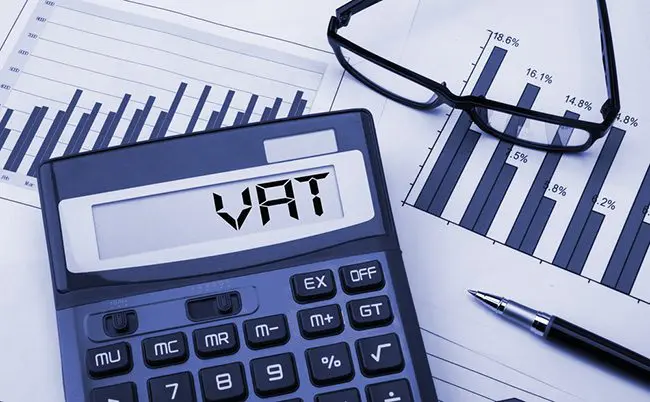There has been a 22% rise in the value of unpaid VAT owed to HMRC by UK businesses, to £3bn in 2017/18, up from £2.48bn the previous year.
Outstanding Corporation Tax bills have also risen 5% to £2bn, up from £1.9bn, over the same period.
Most businesses have their VAT bill calculated from when they invoice a customer VAT and not from when they actually receive the money. This means they can incur a huge tax liability that they might not be able to pay until their customer feels they have the resources to pay their bills.
Funding Options say that the dramatic jump in unpaid VAT may be partly driven by the growing problem of late payments by larger businesses to their smaller suppliers.
Late payments have been a persistent problem since the last recession and could be forcing some businesses to delay paying their tax bills in order to fund day-to-day operations instead.
Funding Options says that the Government set up the Small Business Commissioner (SBC) last year to help smaller businesses deal with late payments from clients. However, it has only helped eight small businesses with disputes about late payments from customers so far.
Unpaid VAT and Corporation Tax put more businesses at risk of HMRC sanctions, which can include director disqualifications, asset seizures and winding up petitions.
Conrad Ford,CEO at Funding Options, says: “Mounting unpaid VAT bills can cause serious problems for businesses ultimately. HMRC could drive them out of business in pursuit of those bills.”
“Fortunately, when businesses do have cashflow issues and can’t pay their bills on time, there are alternative finance options available. One of these options is invoice finance, which can be arranged quickly and efficiently to ease the burden of bills like VAT.”


